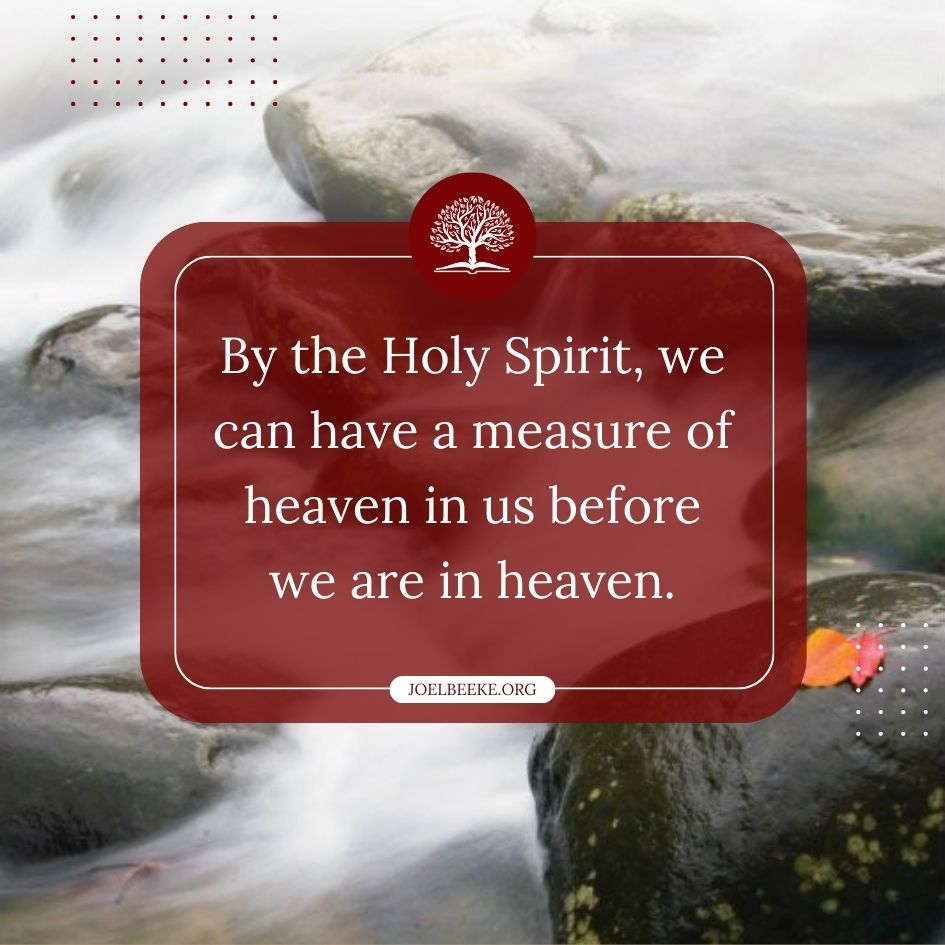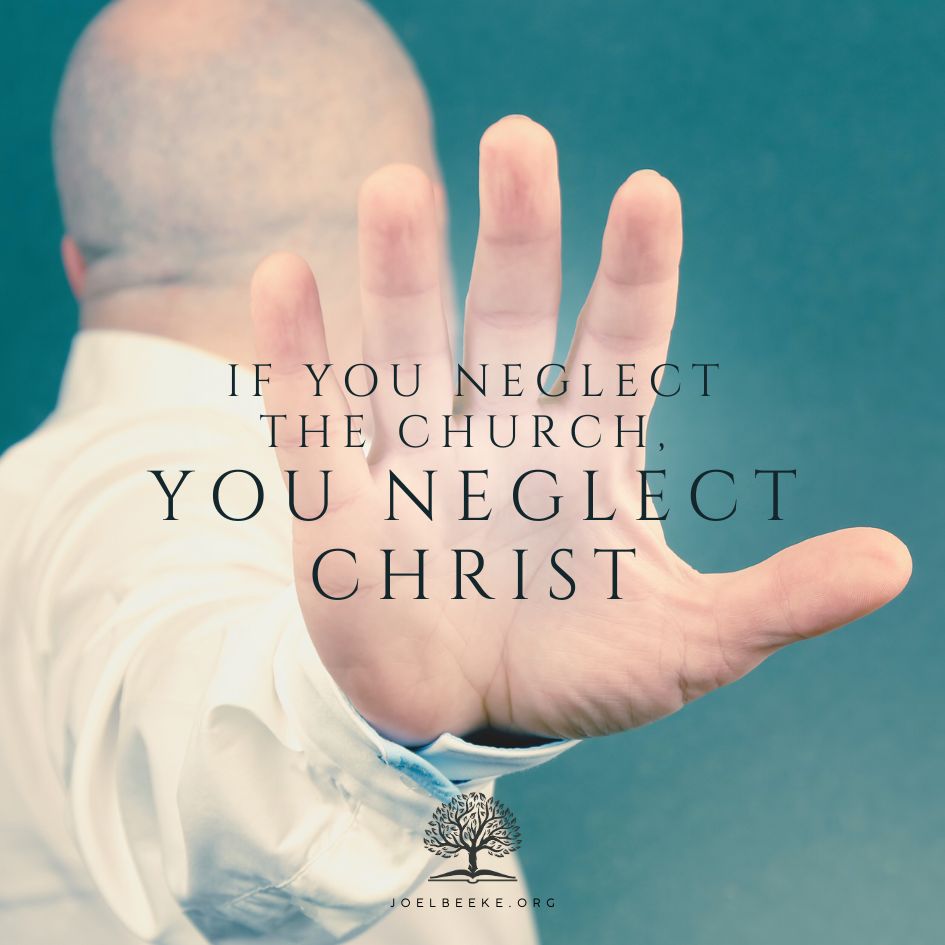
If the Spirit helps us commune with the Father and the Son, governs our spirits, defends us in spiritual conflict, leads us in faith, seals our souls, and comforts us till death, then what happens when we fail Him and succumb to our own sin and folly?
At such times, we grieve the Spirit, [Richard] Sibbes said. In A Fountain Sealed, Sibbes cried, “What greater indignity can we offer to the Holy Spirit than to prefer base dust before his motions leading us to holiness and happiness? What greater unkindness, yea, treachery to leave directions of a friend to follow the counsel of an enemy; such as when we know God’s will, yet will consent with flesh and blood…in leaving a true guide and following the pirate.”1Sibbes, “A Fountain Sealed,” in Works, 5:416.
Like his fellow Puritans, Sibbes was most critical of people in the established church who did not exhibit the fruits of saving faith. He challenged those who claimed to have walked with God for many years but whose lives showed little effect of their relationship with the Almighty. He warned: “Of all the sins, the sins of professors of religion [those who profess to be Christians] grieve the Spirit most. And of all professors, those that have most means of knowledge, because their obligations are deeper and their engagements greater…. The offense of friends grieves more than the injuries of enemies.”2Sibbes, “A Fountain Sealed,” in Works, 5:417.
Sibbes did not stop there. He went on to say that as the Holy Ghost is a Spirit, so spiritual sins such as pride, envy, and an evil spirit grieve Him most.3Sibbes, “A Fountain Sealed,” in Works, 5:419. Carnal sins grieve the Spirit, too, for they drown the soul in physical delights and defile the Spirit’s temple. We need to be changed from the inside out by the Spirit of God. As long as we do not aim for a life of devotion and conformity to Jesus Christ, we grieve the Spirit.
Sibbes offered still more ways in which we grieve the Spirit. He wrote, “We commonly grieve the Spirit of God…when the mind is troubled with a multitude of busyness; when the soul is like a mill where one cannot hear another; the noise is such as takes away all intercourse [communication].”4Sibbes, “A Fountain Sealed,” in Works, 5:422. That is to say, when we fill our lives with things other than spiritual concerns, we bring grief to the blessed Spirit. Activity is not synonymous with spirituality, as popular Christian culture would have us believe. Rather, we are called to humble dependence and meditation upon the Spirit. As Sibbes said, “This grieves the Holy Spirit also when men take the office of the Spirit from him,” that is, when we do things in our own strength and by our own light.5Sibbes, “A Fountain Sealed,” in Works, 5:422. We all too willingly go about our Christian tasks in our own strength, never realizing that in doing so we become our own end, and our activities become meaningless.
Conclusion: Rely on the Spirit
According to Sibbes, the Spirit must be an integral part of our lives, our churches, and our world. The Spirit must be entertained in every facet of Christian life and experience. We must relish His indwelling, His sealing, and His comforting work, while striving not to grieve Him. Sibbes labored to make biblical theology relevant to the person in the pew. His books challenge us to pursue a biblical understanding of the Holy Spirit and to faithfully communicate that understanding to others in the body of Christ.
Today, the relationship between believers and the Holy Spirit is too often like a bad marriage in which a husband takes advantage of his wife’s contributions but fails to appreciate and celebrate his relationship with her. To reverse this situation, Sibbes advised that we should make a daily effort to appreciate the Holy Spirit, and to share our thoughts and plans with Him in prayer as we gaze by faith into the face of God. We should walk in daily communication with the Spirit through the Word, relying upon every office that the Holy Spirit provides, as described in Scripture. As Sibbes wrote, “The Holy Spirit being in us, after he hath prepared us for a house for himself to dwell in and to take up his rest and delight in, he doth also become unto us a counselor in all our doubts, a comforter in all our distresses, a solicitor to all duty, a guide in the whole course of life, until we dwell with him forever in heaven, unto which his dwelling here in us doth tend.”6Sibbes, “A Fountain Sealed,” in Works, 5:414. Thus, by the Holy Spirit, we, like Sibbes, can have a measure of heaven in us before we are in heaven.
Excerpt from
The Beauty and Glory of the Holy Spirit
Edited by Joel R. Beeke and Joseph A. Pipa








